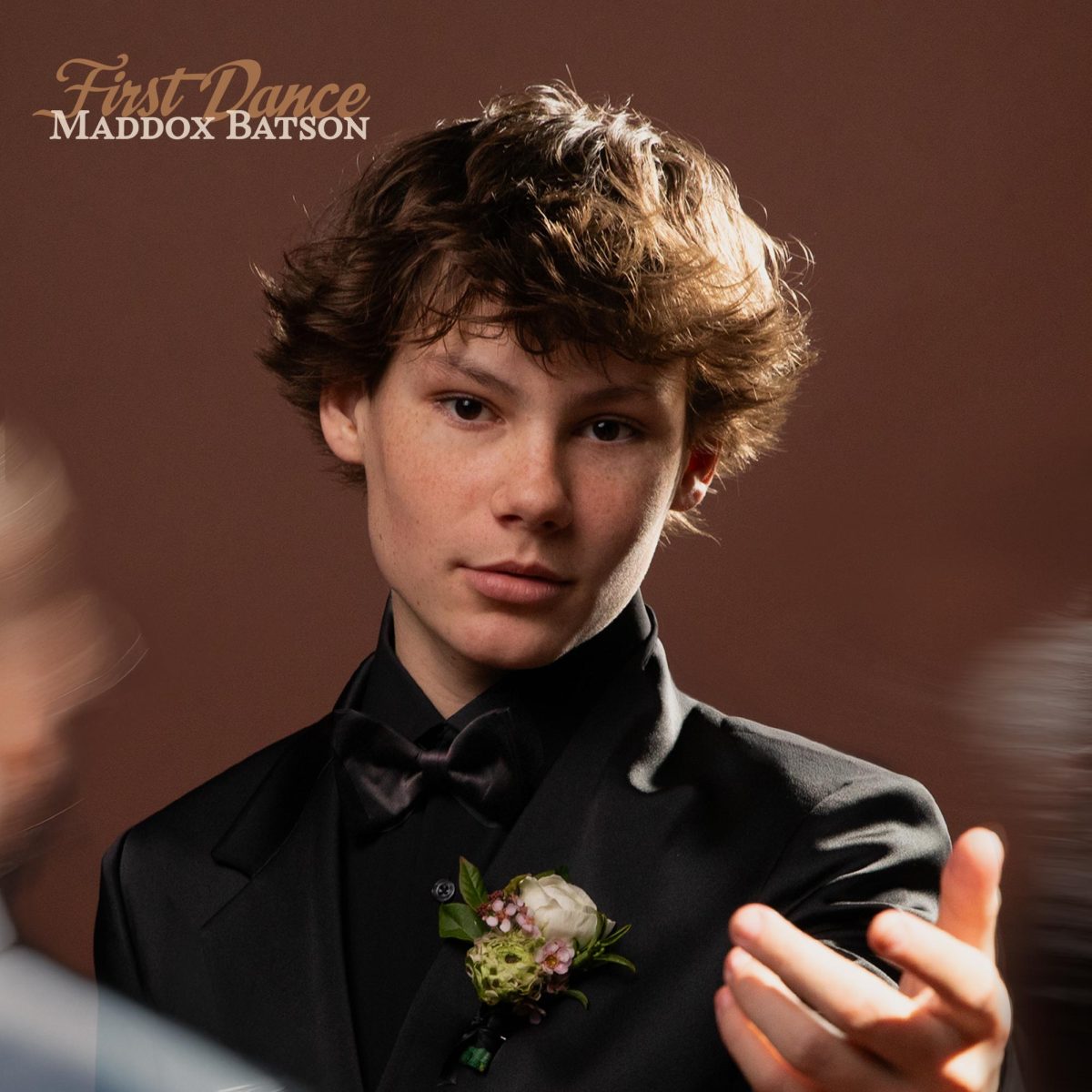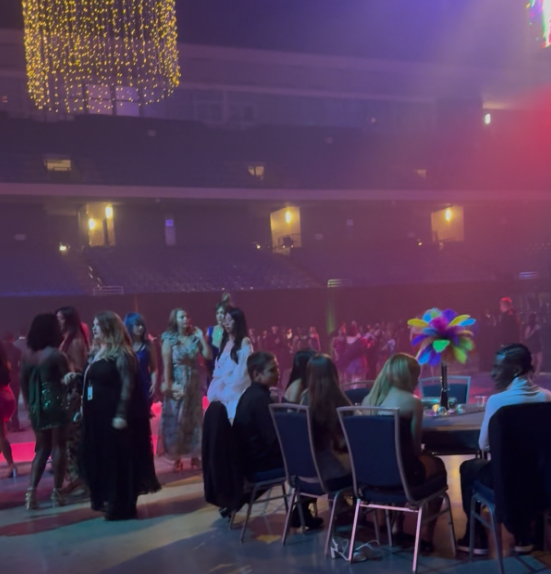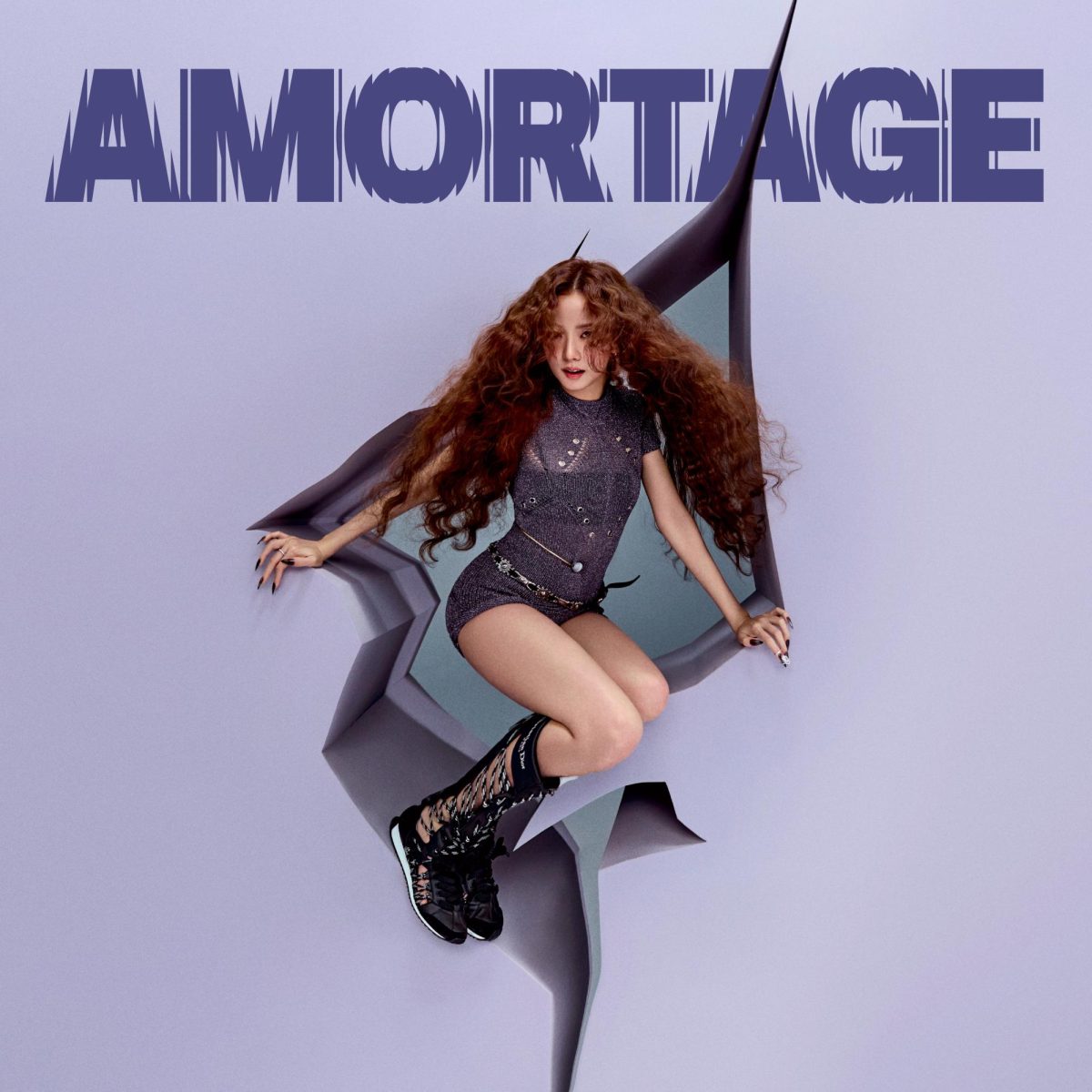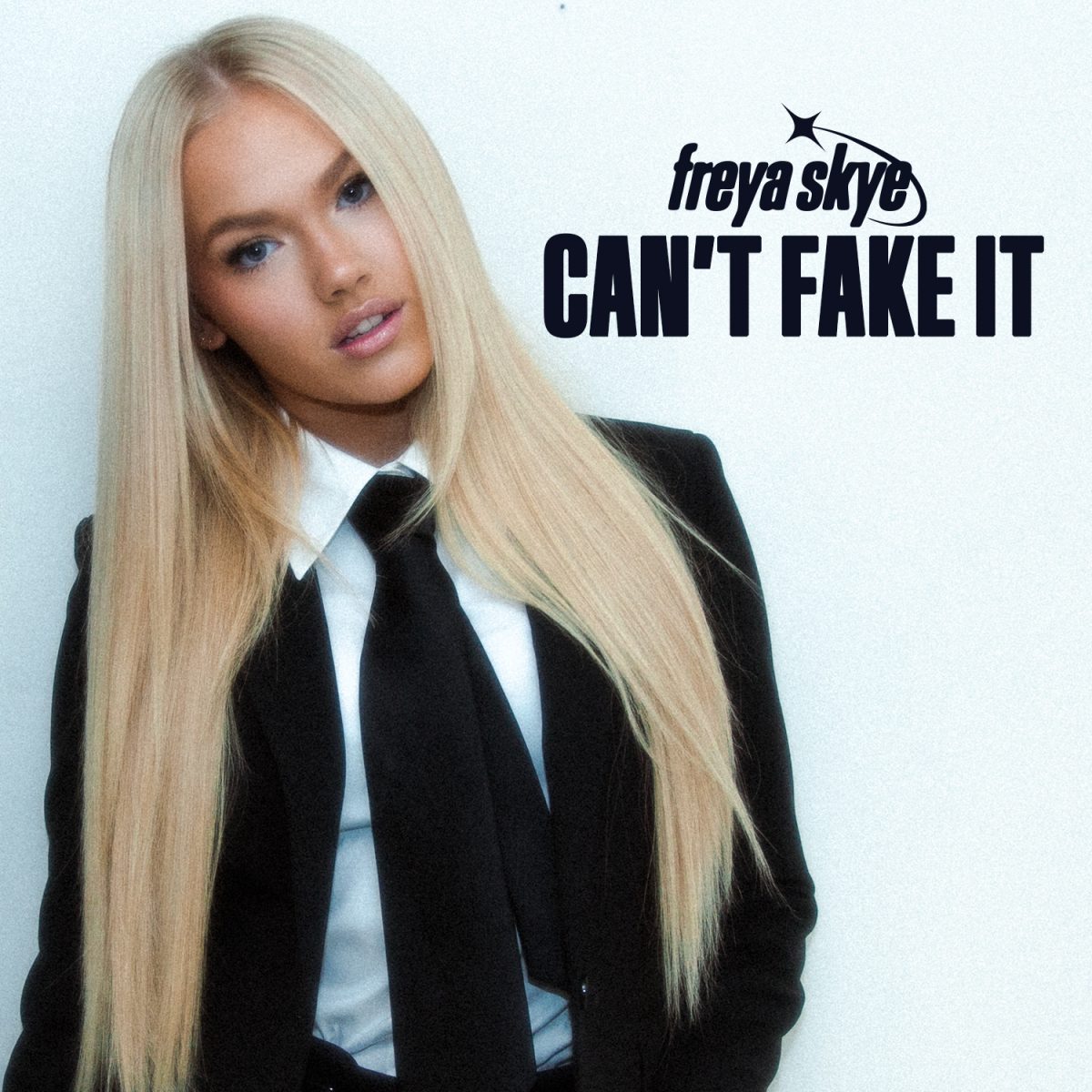First Dance is the debut EP by Maddox Batson. Batson is a 15-year old country artist who rose to prominence on social media. He was quickly swept up by the industry and signed to Warner Records. Inspired by current country stars such as Zach Bryan, Edward Sharpe & the Magnetic Zeros, and Red Clay Strays, Batson’s debut effort emerges as a typical impression of a young person imitating their idols and being molded into the shell of what the industry finds marketable.
While admittingly proficient for a 15-year old, Batson proves to be stylistically pastiche, redundant, and uninspired, which is no doubt a product of his age but more keenly a product of the opportunistic predation of the music industry. Batson’s songwriting is not just amateur but rather indicative of the flat, refined, and purposeless songwriting signature of mainstream country music.
In an interview, Batson concedes that “If I’m being completely blunt, I’m mostly writing about girls, because I’m mostly thinking about girls.” This boyish attitude constitutes his main appeal. Justin Bieber appears to be a clear reference point for Batson’s marketing, orchestrating an image that is both squeaky clean and romantic. From this, Batson emerges as a corporatized simulacrum of youth.

The EP’s lead single, I Don’t Like You Anymore, functions as an apt encapsulation of the Batson’s sound: plucky guitar strings, a smoothed-out steel guitar, a soft drum pattern, and a clean, produced to perfection vocal performance with soft melodies and a characteristically country twang. The check-list of signaturally ‘country’ items are all there and smoothed into a glossy surface devoid of yet signifying for ‘the heart of country music’. Batson proclaims that “I don’t like you anymore” because “It’s so much more than that” as a cheesy sentiment that satisfies the kitsch aesthetic of an under-age heart-throb—a novelty defined by its elusive encapsulation of the surface of youth.
The surface or the contours of Batson’s image are his main appeal. The music video for Southbound centers on footage of him touring and the ecstatic fervor of his female fanbase, rendering his success as the object of interest. Similarly, the promotional and journalistic focus of his music is the novelty of his image. He writes deeply embedded in pastiche, that is, an imitation of the contemporary tropes of country music transformed through his novelty, constituting his music as a form of merchandise that consolidates, justifies, and is sustained by its relationality to said image. Batson’s appeal is not his music in and of itself but rather the kitsch aesthetic of his youth, talent, and the nostalgic reverie of another Bieberesque stardom.
So what is left of those who don’t follow Batson on TikTok or Instagram? Well, nothing. If one does not attach themselves to his image, First Dance is a series of overproduced, hollow cliches. If one is old and mature enough to feel gross about the fervor surrounding sensual love songs written by a child, then they are only left with an eerily exploitative product of the music industry’s drive towards PR-production instead of the creation of truly great music.
First Dance is the natural product of the trilateral confluence between the predation of the music industry, the absent-minded songwriting of any 15-year old, and the obsessive attachment of celebrity culture. We are witnessing yet again the production of a youthful, ‘safe’ image for young girls to consume in an eerie display of fanaticism. Of course, the PR-ploy is to preserve this ‘balancing’ between allowing Batson ‘to still be a kid’ while cultivating his celebrity, but it is too late. Batson is a simulacrum—a corporatized image that pretends to refer to the real object of the person that is William Maddox Batson.
For this, I give First Dance 1 out-of 5 stars.








